
As the year winds down, we here at Esports Insider have decided to give our full-time staff writers the chance to talk about which of their stories they thought impacted the industry in 2022.
Ranging from in-depth features to defining esports news, there were certainly a lot of stories to choose from. So without further ado, here are our writers’ favourite pieces of work this year.
PlayVS’ controversial quest for control of high school esports (Jake Nordland – Features Editor)

The first piece I’m choosing for 2022 is PlayVS’ controversial quest for control of high school esports, an investigation into high school esports platform PlayVS. The platform was facing a torrent of criticism from educators, coaches and other stakeholders angry at the company for its business practices and signing exclusivity deals with publishers that forced competitors — including non-profit initiatives — to stop running esports tournaments for their students.
I’ve partly chosen this story because it’s a mammoth investigation that spanned months, and represents the competitive, and sometimes ugly, side of an industry wrangling for a slice of the lucrative collegiate esports scene.
Yet hidden behind the horrible is a positive — collegiate esports is growing, massively. While many large- and mid-sized esports companies struggle, scholastic-level esports is built on more solid foundations, a trend that should only increase in 2023.
EU Parliament’s monumental esports vote (Jake)
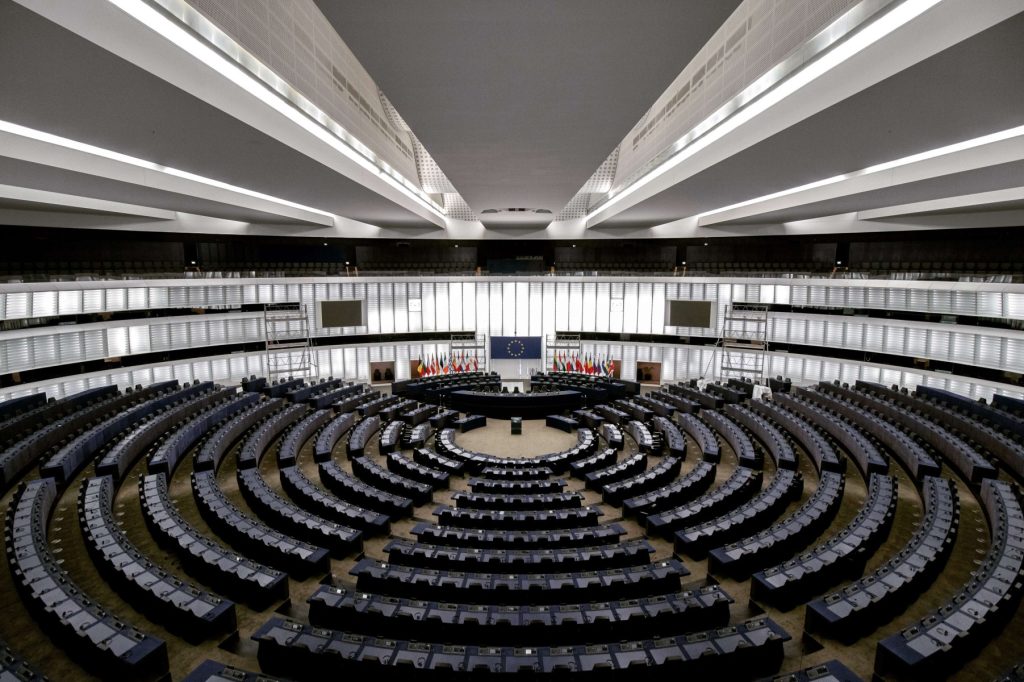
The second piece I want to highlight is the European Union recognising the value of the esports industry. In November, the EU Parliament recommended a long-term strategy to support and fund esports and video games. In the short term, it’s great news for the industry and a massive boon to esports companies far and wide, especially those in Europe. As my interview with one of the EU report’s key authors highlights, though, much of the hard work is still ahead of the EU, and this will take years to come to fruition.
In the long-term, it’s part of a trend of governments waking up to the economic, social – and political — value of esports, and is an important sign that the sector will finally be taken more seriously on a regulatory level.
Italian esports’ regulation change following controversial venue shutdowns (Victor Frascarelli – Investigative Journalist)
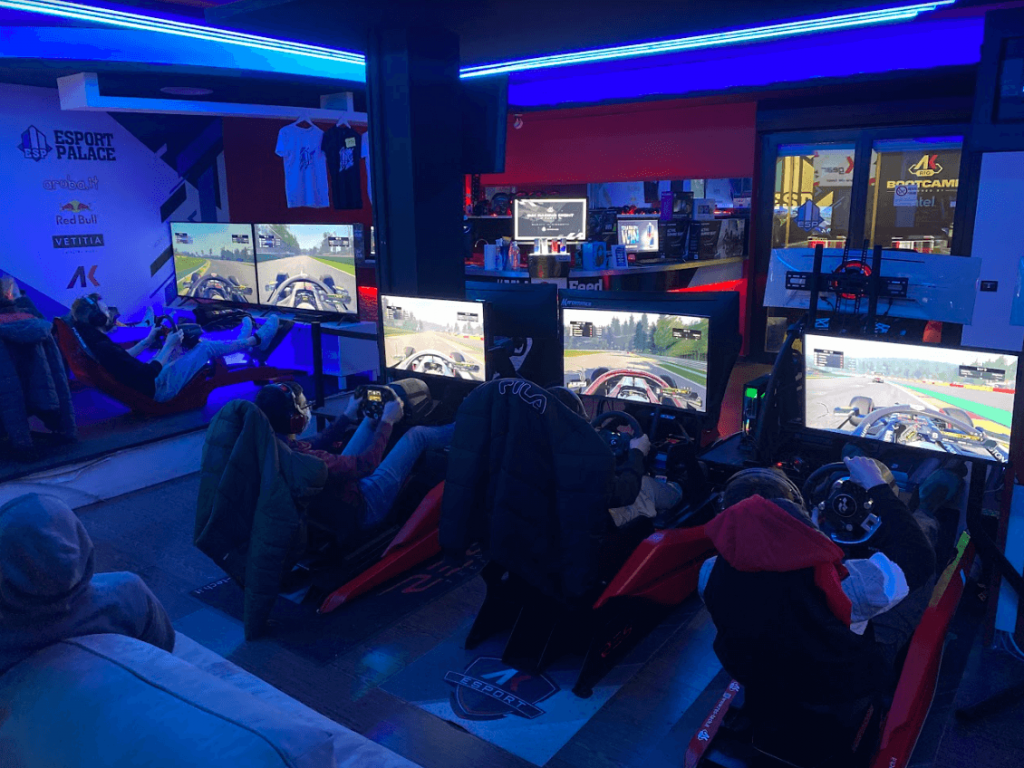
As an esports business journalist living in Brazil, my articles and news pieces were usually focused on the Latin American market. Moving from The Esports Observer to Esports Insider happened with the promise that I would have opportunities to write stories from around the world, making me officially an international journalist.
As such, covering news that Italian esports was set to receive more regulation meant a lot to me because it was confirmation that my name was finally part of an investigation that had nothing to do with Brazil and LATAM. I also considered it a first step that was later completed this year when I had the chance to interview a Member of the European Parliament (MEP), Laurence Farreng. For an esports journalist, I think that interviewing a MEP is a milestone.
Highlighting financial transparency (Victor)
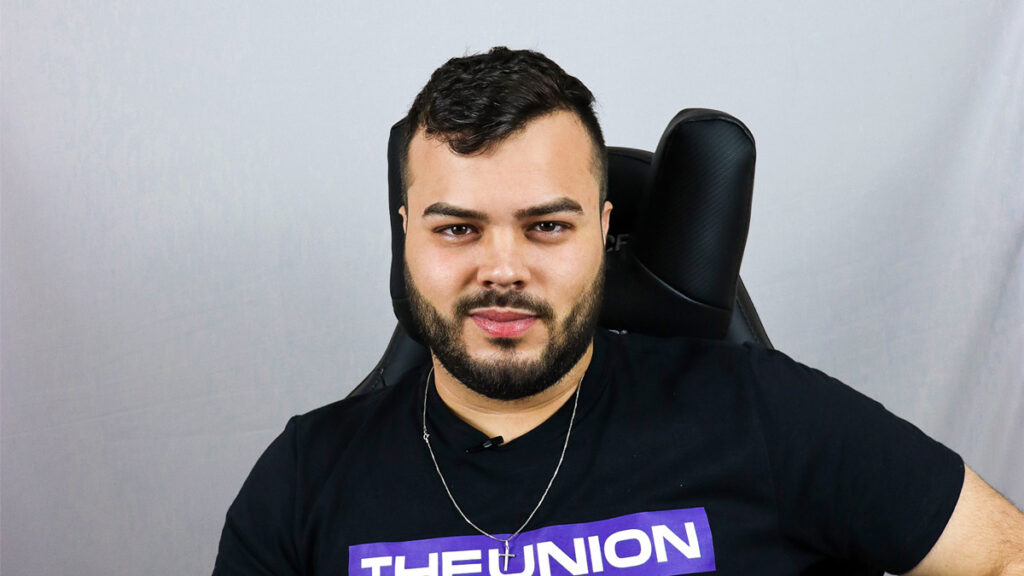
The interview with The Union GG’s CEO Luis ‘LuiShow’ Felipe made a lot of noise in the scene, especially because he spoke very clearly about the salaries and values involved in maintaining a modest-sized esports organisation in Brazil.
Esports Insider published those numbers with exclusivity at that time, helping many organisations and pro-players moderate their expectations depending on how ambitious the projects were.
I’d also like to highlight my first-ever magazine cover article. It was amazing to produce such an in-depth report on the North American Counter-Strike scene. Plus, in the same edition, I had the opportunity of introducing the audience to a little of the favela’s culture in Brazil and how esports are playing a social role.
How KC Pioneers got its own official commemorative day (Ivan Šimić – Journalist)
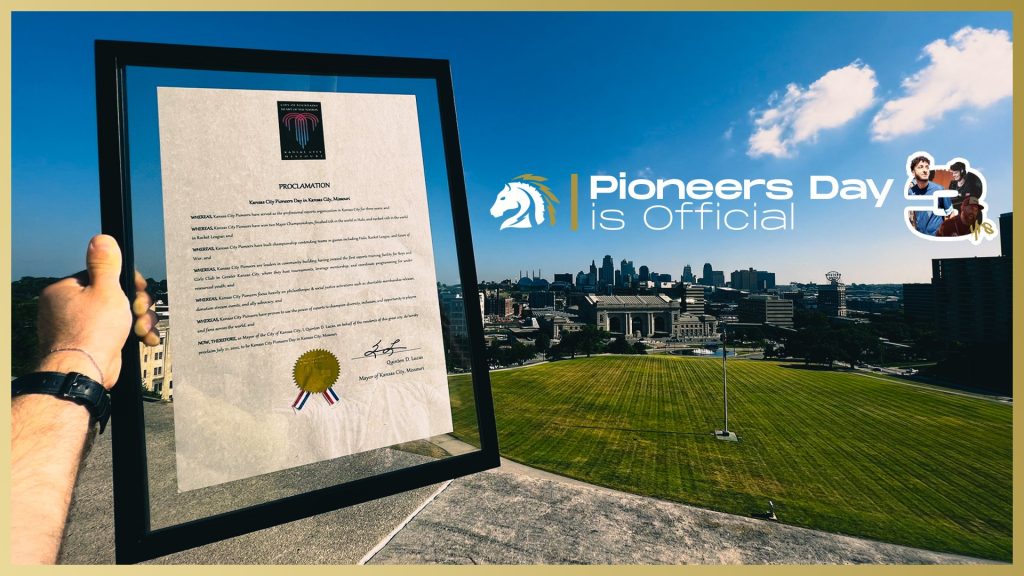
One of my favourite stories this year was arguably one of the more ‘out of the box’ stories ESI has published in 2022. North American esports organisation Kansas City Pioneers have been commemorated in Kansas City with an official day. July 21st 2022 was the first time the day has been celebrated, and I had a chance to talk to the Pioneers’ CEO Mark Josey about how the Pioneers are the only team in the city that has a commemorative day — which is strange given the fact that the city has MLB, NFL and MLS teams.
The reason I like this story so much is because it shows how esports can benefit communities, but at the same time it’s a bit niche and strange. All these things combined make it a very interesting read, and a very interesting story to tell.
The ESL FACEIT Group is formed (Ivan)
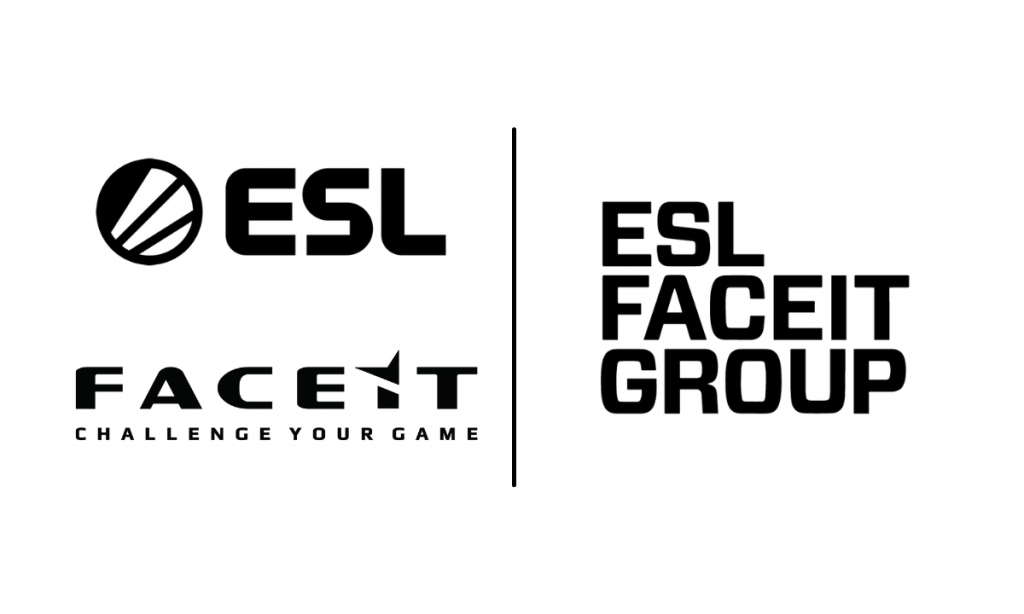
ESL FACEIT Group was created in January 2022, and I remember writing it late in the afternoon. I remember writing it as fast as I could so we can publish it as early as possible, and feeling that I am a part of something very important. This has proven to be true in 2022, with the merger being one of the most important deals in the history of esports. The sheer value of the merger was a staggering $1.5bn, and it was the first big push Saudi Arabia made into esports in the West.
I still feel like this was arguably the biggest esports story of 2022 in general.
Mobile esports take centre stage (Tom Daniels – Editor)

A story that was a highlight for me was my ‘Mobile miracles: The rise and reign of mobile esports in Southeast Asia’ feature — for multiple reasons. It has long been documented how big mobile esports is in SEA, however, being able to go to the Mobile Legends: Bang Bang SEA Cup truly gave me an appreciation for the sector.
The feature details why mobile esports has grown so much, and at such a quick rate, in Southeast Asia, as well as what is next for the region. For those on the fence about mobile esports, particularly with news such as Wild Rift retreating from the Western world, it’s worth reading the perspectives of those currently participating in the Eastern ecosystem.
VALORANT, VALORANT, VALORANT (Tom)
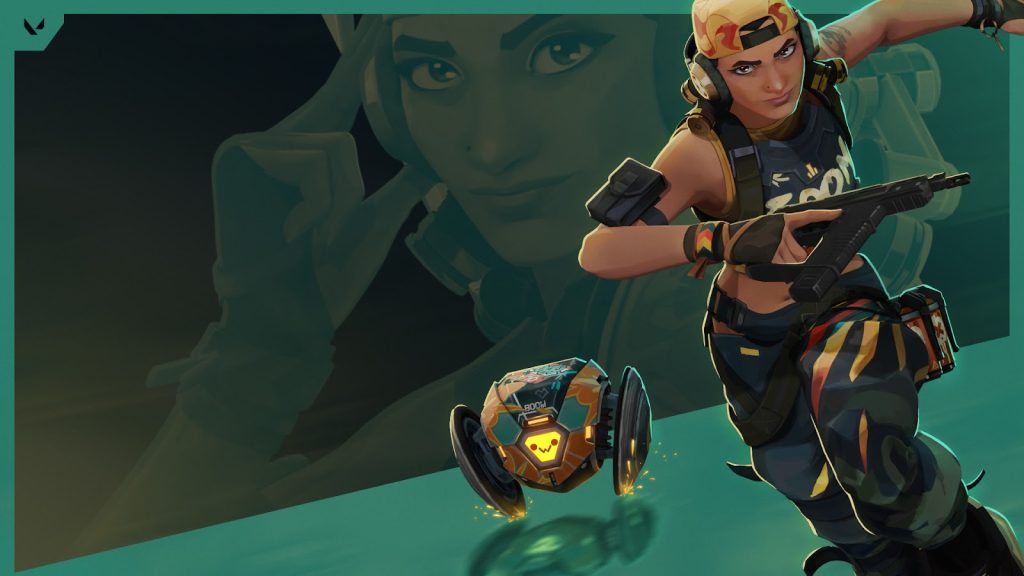
For me one of the biggest talking points in all of esports was the rise of VALORANT. In particular, one story that really highlights Riot Games’ emphasis on making the title succeed as an esports was the introduction of its in-game competitive mode. Having the game itself include a specific esports mode in order to develop new talent — thus building a stronger talent pool — could change the VALORANT ecosystem if executed correctly. Given that the mode is only in the Alpha phase, only time will tell though.
This wasn’t the only major VALORANT development, in fact there were quite a few. The title broke its previous viewership records, launched a brand new competitive partner team structure, and put greater importance on its Game Changers project.


